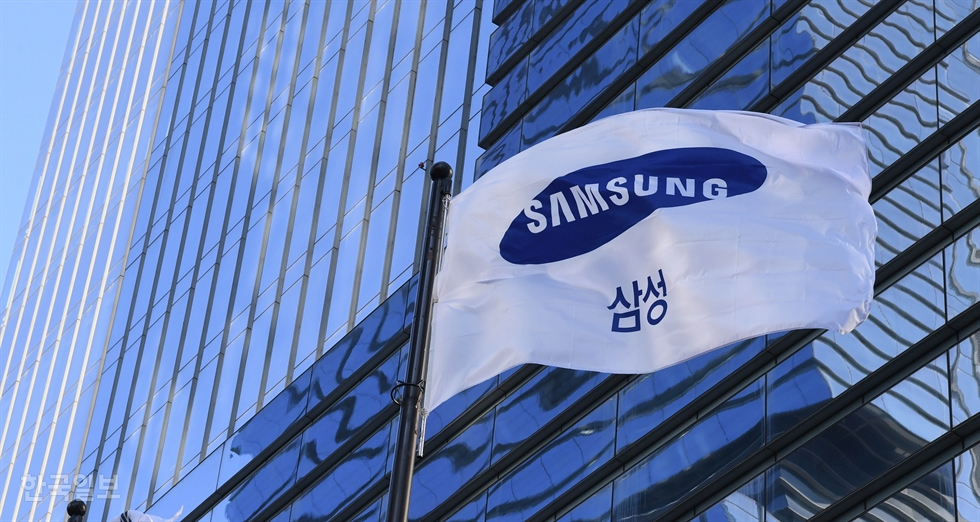|
Getting your Trinity Audio player ready...
|
Samsung Electronics, the world’s biggest memory chipmaker posted an operating profit of KRW 640 billion ($478.6 million) for the January-March quarter, down 95% from KRW 14.12 trillion a year earlier, and the lowest profit for any quarter in 14 years. Revenue fell 18% to KRW 63.7 trillion.
Samsung’s chip division, normally its most reliable cash cow, reported a KRW 4.58 trillion loss, compared to a KRW 8.45 trillion profit a year earlier. Shoppers around the world have cut back on purchases due to rising inflation, causing chip prices to plunge by about 70% over the previous nine months.
Samsung Electronics expects a gradual recovery for its chip business in the second half of the year. This comes after the South Korean tech giant reported a record loss in its semiconductor business in the first quarter of 2023, due to weak demand for tech devices. The global downturn in semiconductor purchases triggered production cuts across the sector, which led to chip prices plummeting in the first quarter.
Samsung said its chip business will focus on high-capacity server and mobile products, based on expectations of a gradual market recovery and a rebound in global demand in the second half. The company expects limited recovery for memory chips in the current quarter, as major data center firms invest more conservatively in servers.
Samsung made a rare announcement of a chip production cut earlier this month, joining smaller rivals. Although this could help chip prices recover slightly, analysts said Samsung’s profit in the current quarter may be similar to Q1 without a fundamental recovery in demand for devices that use chips.
Despite the record loss in chips, Samsung said it spent KRW 10.7 trillion in capital expenditures during Q1, the highest for the first quarter of any year. Out of that, KRW 9.8 trillion was spent on chips as Samsung sets up production in its Taylor, Texas, and Pyeongtaek, South Korea factories.
Samsung’s mobile business was a brighter spot, reporting KRW 3.94 trillion profit in Q1, up from KRW 3.82 trillion a year earlier. The company is focusing on profit rather than shipments as it meets more resilient demand for premium smartphones rather than volume.
In the second half, Samsung forecasts the smartphone market will increase in both shipments and revenue as the global economy recovers. Samsung shares fell 0.5% in morning trade, in line with the wider market. Shares in Samsung have risen about 16% year-to-date as investors anticipate a memory chip recovery in the second half of this year.
Samsung’s mobile business, on the other hand, fared better in the first quarter, with a profit of 3.94 trillion won, up from 3.82 trillion won a year earlier. The company attributed this to its focus on profit rather than shipments as it meets more resilient demand for premium smartphones rather than volume.
According to Jene Park, a senior analyst at Counterpoint, Samsung’s shift towards profit over shipments has been successful, stating, “Samsung is focusing on profit rather than shipments.” This shift in focus has allowed the company to maintain a stable position in the market amid the ongoing economic slowdown.
Samsung is forecasting an increase in both smartphone shipments and revenue in the second half of the year as the global economy recovers. While the company remains optimistic about the future, analysts warn that Samsung’s profit in the current quarter may be similar to the first quarter without a fundamental recovery in demand for devices that use chips.
Despite the record loss in chips, Samsung said it spent 10.7 trillion won in capital expenditures during the first quarter, the highest for the first quarter of any year. Out of that, 9.8 trillion won was spent on chips as Samsung sets up production in its Taylor, Texas, and Pyeongtaek, South Korea factories.
“Samsung Electronics will continue to invest in memory semiconductors at a similar level to the previous year … to secure mid- to long-term competitiveness,” the company said.
Shares in Samsung fell 0.5% in morning trade, in line with the wider market. However, Samsung shares have risen about 16% year-to-date as investors anticipate a memory chip recovery in the second half of this year.
